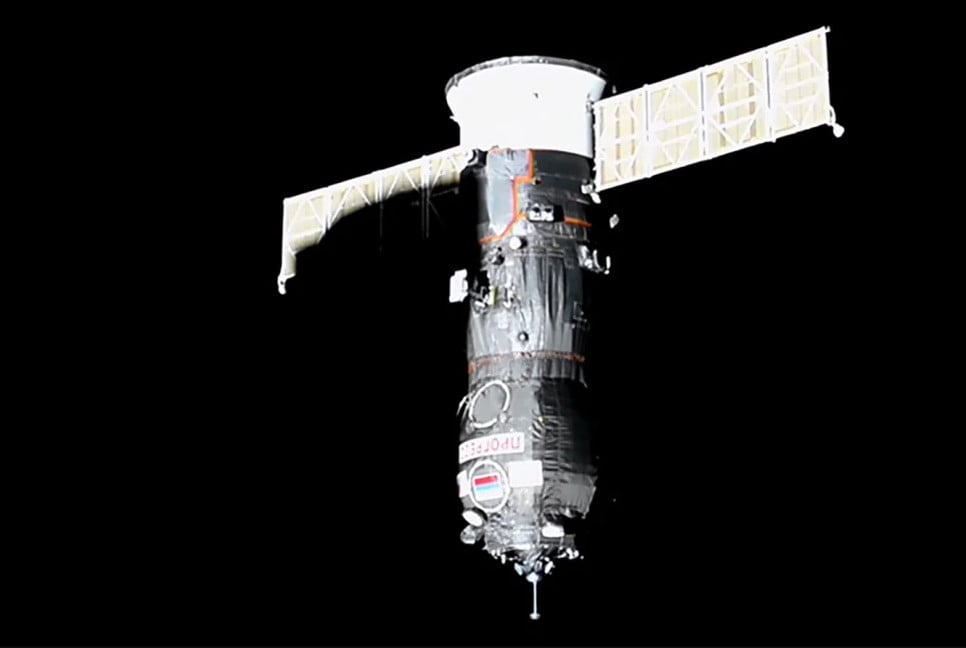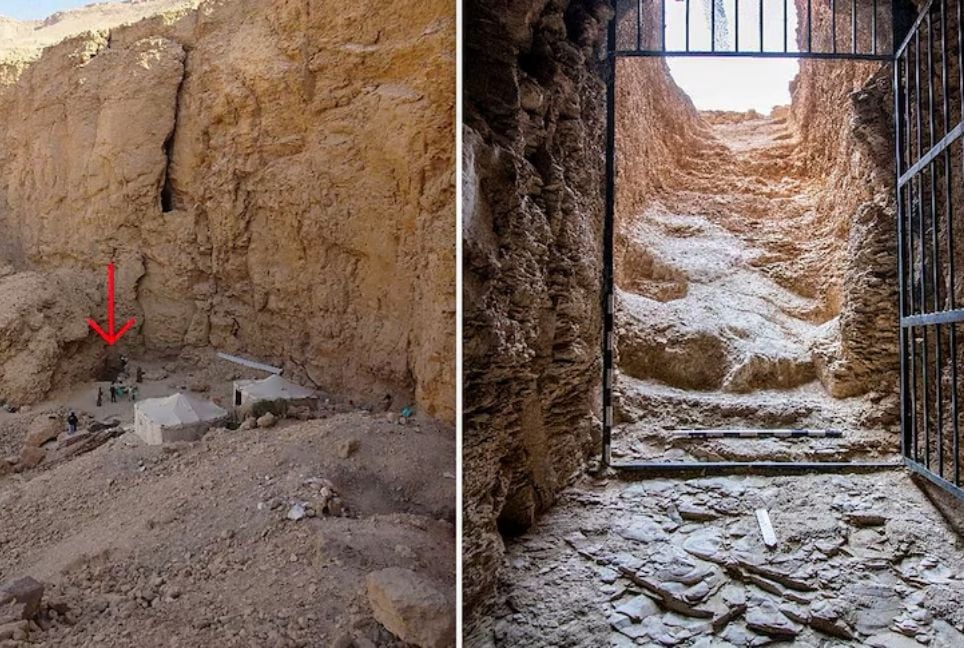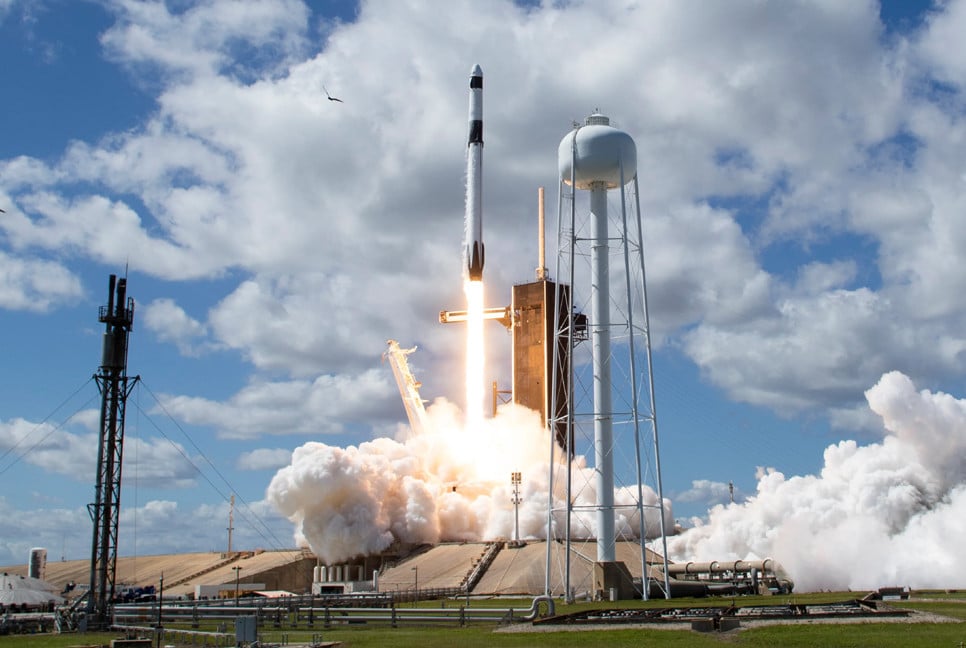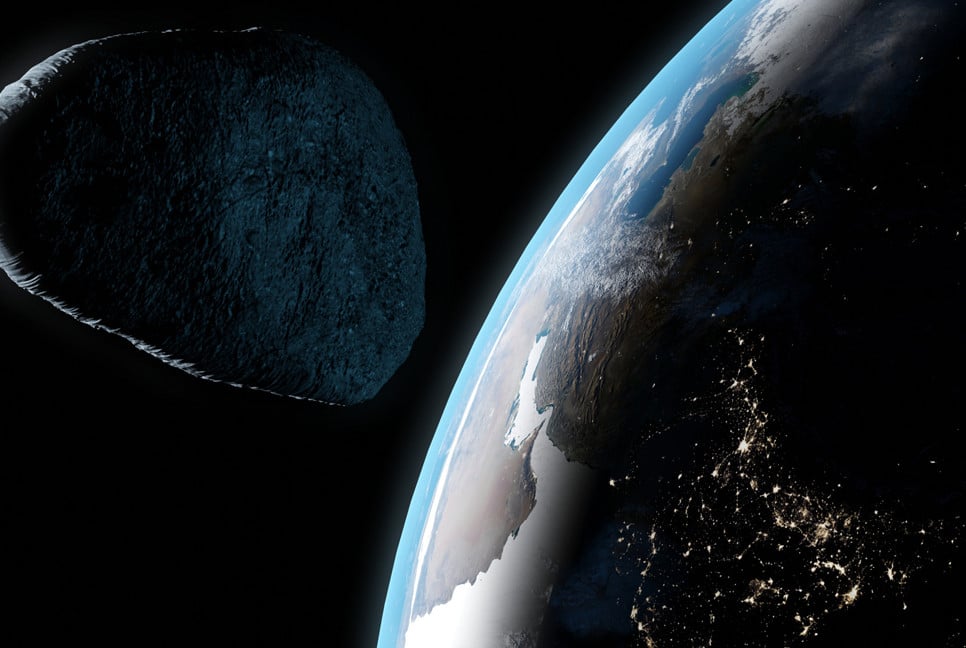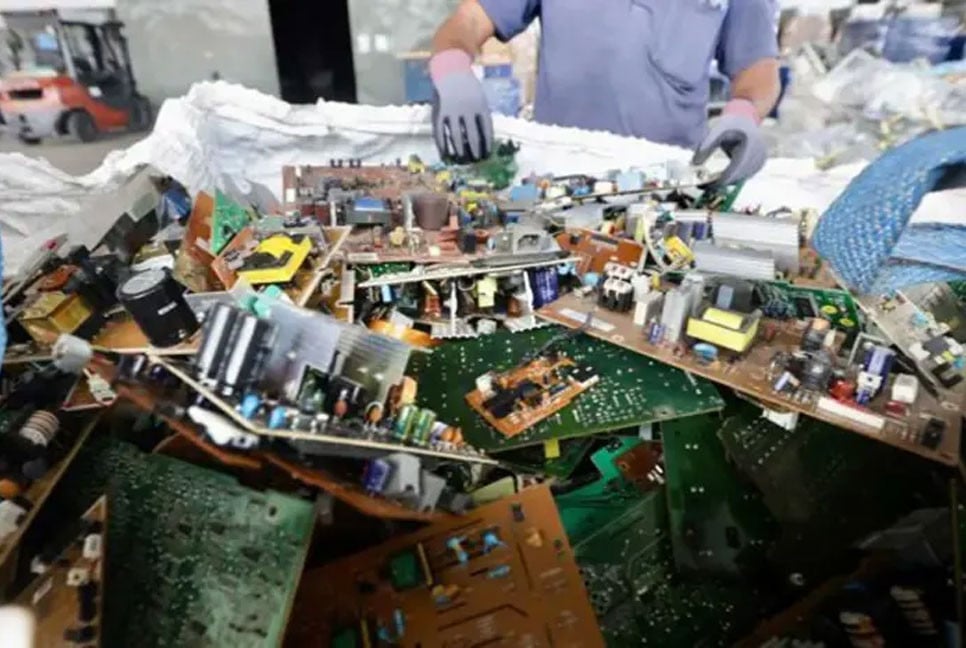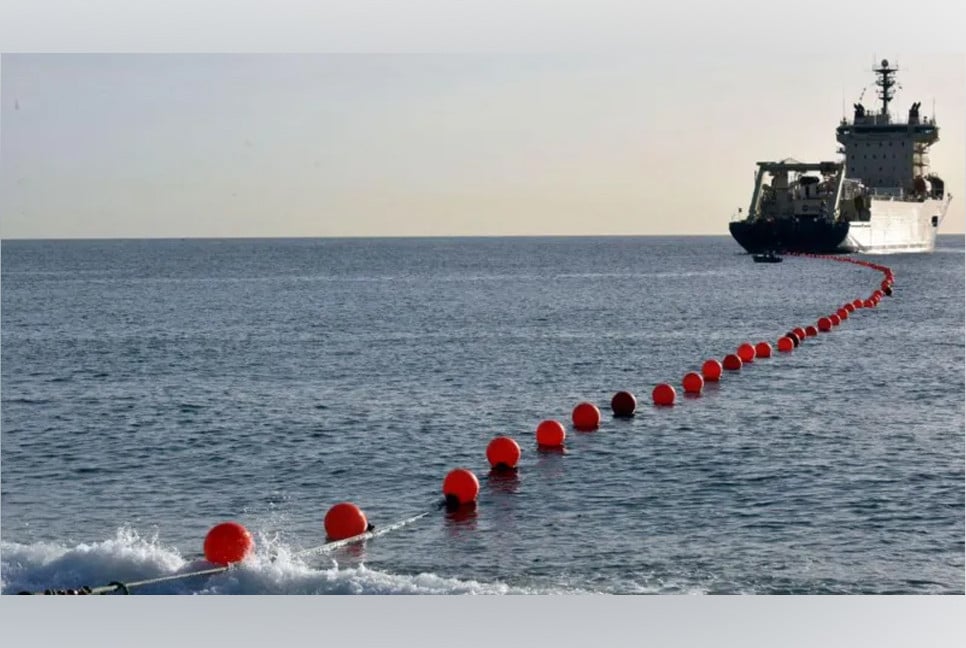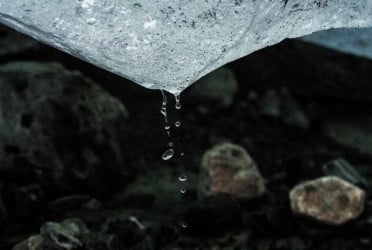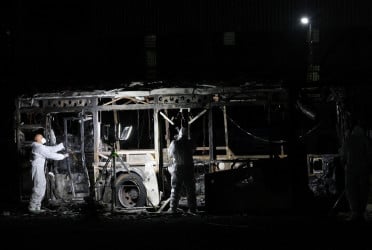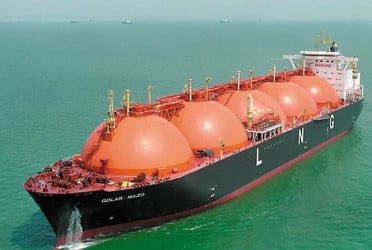Russian cosmonauts on the International Space Station had to temporarily lock down part of the lab this weekend after noticing an "unusual odor" coming from a cargo spacecraft called Progress 90, NASA said on Sunday.
The odor, along with "droplets" observed by the cosmonauts, was likely caused by "outgassing from materials" inside the Progress spacecraft, NASA explained in a statement to CNN on Monday,reports CNN.
"There are no concerns for the crew," said Kelly O. Humphries, the news chief at NASA’s Johnson Space Center in Houston.
The uncrewed Progress capsule, which delivers supplies like food, science experiments, and fuel to the ISS, uses a fuel called unsymmetric-dimethylhydrazine and an oxidizer called nitrogen tetroxide, both of which are toxic to humans. However, Humphries confirmed that these propellants are not believed to be the cause of the issue.
“Outgassing” is a phenomenon that can occur as manmade objects leave the protective bubble of Earth’s atmosphere and enter the radiation-riddled environment of space, where temperatures can also range from 250 to minus 250 degrees Fahrenheit (121 to minus 158 degrees Celsius).
The potentially outgassing “materials” NASA referred to were inside the Progress capsule did not involve fuel, Humphries said via email.
NASA said in its Sunday statement that, after the Russian cosmonauts noticed the odor, they shut down the hatch that connects the 16-foot-long and 8.4-foot-wide Poisk module to the rest of the space station.
Then, flight controllers on the ground “activated air scrubbing equipment as part of normal procedures, indicating that the odor likely was outgassing from materials inside the Progress spacecraft,” according to NASA’s statement to CNN.
“The crew reported the odor dissipated quickly and cargo transfer operations are proceeding on schedule,” the statement noted, indicating that the cosmonauts were able to access the supplies stowed on board the Progress vehicle, despite the earlier reported smell.
In a separate statement posted to social media on Sunday, NASA also noted that “air scrubbers and contaminant sensors” confirmed that “air quality inside the space station (was) at normal levels.”
The Progress vehicle — one in a long series of resupply ships that have visited both the Russian and NASA-controlled portions of the space station — arrived at the ISS after launching from the Baikonur Cosmodrome in Kazakhstan on November 21. It carried “nearly three tons of food, fuel, and supplies,” according to NASA.
While the unexpected odor and temporary shutdown of the Poisk hatch appears to have been a brief and isolated incident, it adds to a years-long saga related to a separate Russian-controlled module on the ISS, called Zvezda.
That segment has been mostly closed because of a slow air leak. Cosmonauts only enter the module to unload cargo from visiting spacecraft, according to NASA.
The space station has hosted rotating crews of cosmonauts and astronauts — hailing from more than 20 countries — since the year 2000 in separate but connected Russian and US sections.
NASA hopes to continue operating the ISS with its five partner agencies through at least 2030. In addition to Roscosmos, those partners include the Canadian Space Agency, European Space Agency and Japan Aerospace Exploration Agency.
Russian officials, however, have not committed to the space station beyond 2028 and likely will not give firm answers on Roscosmos’ involvement after that time frame until at least 2025, according to a recent report from NASA’s Office of the Inspector General.
Bd-pratidin English/ Afia

